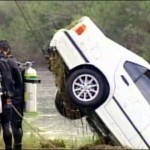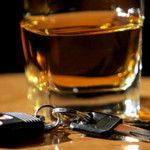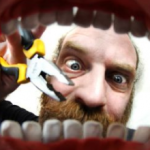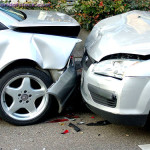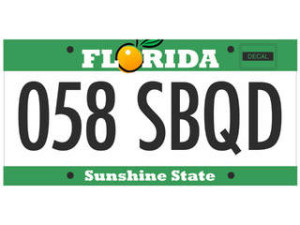MIAMI BEACH – In devastating act of irresponsibility, a young woman got in her car drunk and drove off after a night of partying. This proved to be a horrible decision as shortly thereafter she ran over a gentleman that was leaving his place of work. He was a chef. And a good one. The Shore Club was lucky enough to have him. And by all accounts, he was a gentleman.
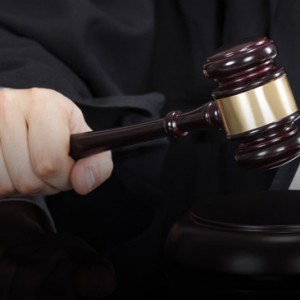
But today, he is dead at the hands of the party girl who tweeted and facebooked her joyful drinking pleasures and exploits. However, after what was probably her life’s most sad act, she ran. But a witness followed her and caught up with her after calling the police through 911.
She was arrested and charged. Out on bail, she avoided the press. At this point, this is yet another example of how drinking and driving intersect with lives that are truly minding their own business. Florida law provides for punitive damages when drunk driving accidents happen. And the wrongful death statute allow certain survivors to recover. But nothing can repair the damage an accident like this causes. Lawyers have a job to do. But there is a limit to what can be repaired.
 Miami Personal Injury Attorney Blog
Miami Personal Injury Attorney Blog



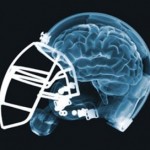 MIAMI BEACH – Junior Seau was one of the best. He roamed the field and hit viciously. But he paid a price. All of the hits added up and he and his family paid dearly.
MIAMI BEACH – Junior Seau was one of the best. He roamed the field and hit viciously. But he paid a price. All of the hits added up and he and his family paid dearly.